The most common slang term for police in the 1920s was “fuzz”.
This was the most quintessentially 1920s term and was used broadly in the west, though mostly in the U.S.
They might also be called a “bull” or a “scorcher” in some contexts. “Flattie” was also sometimes used in reference to police shoes.
The police, for as long as such a thing has existed, have had many different slang terms used for them.
In the 1920s, things were becoming more open and free in the west, and this also tended to manifest itself as disdain for the police, in the form of many different slang terms.
Let’s find out more.
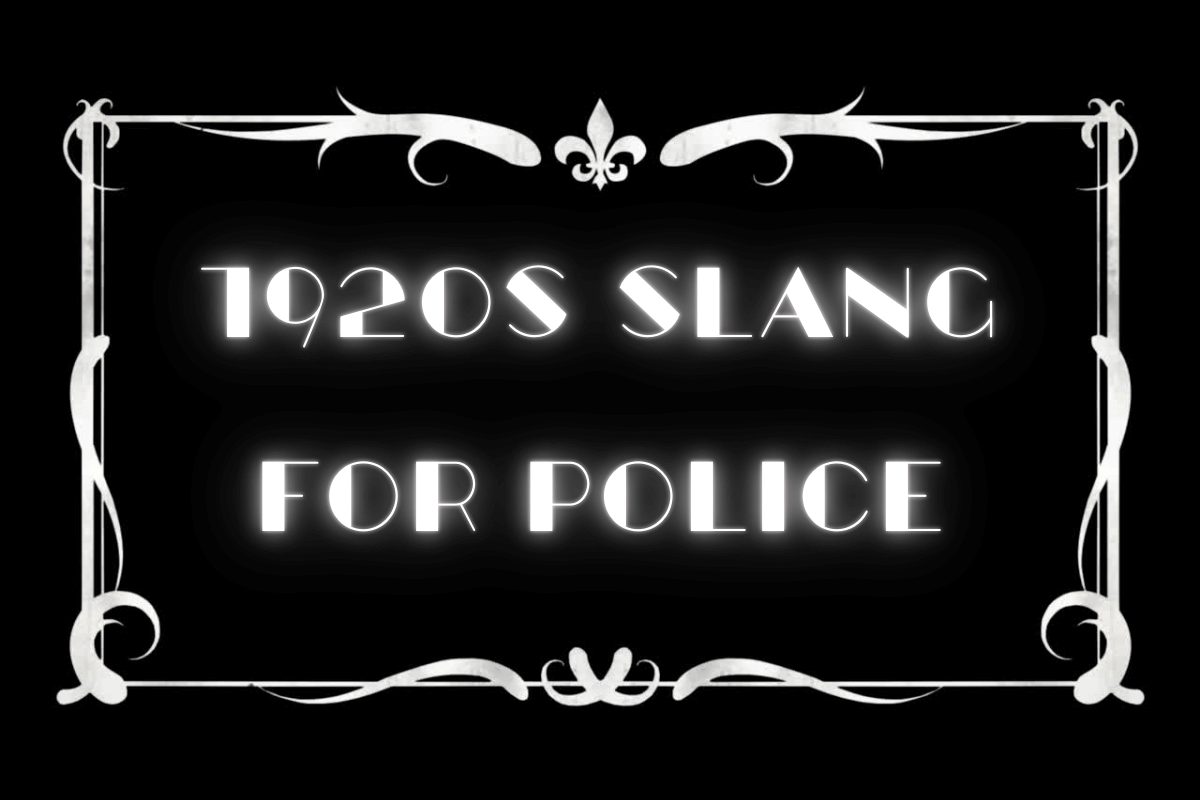
1920s Slang For Police
Bull
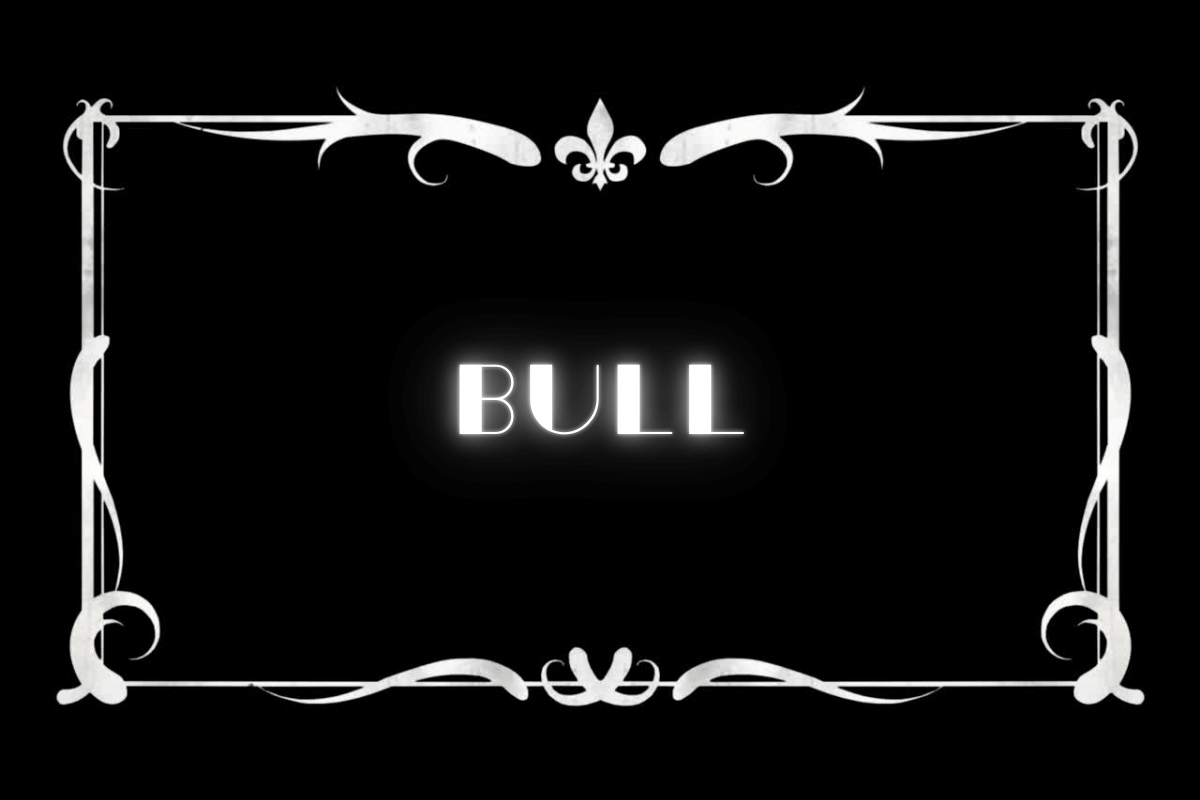
“Bull” was a common slang term for police officers in the 1920s.
The term was widely used in the United States and was often used to describe a policeman who was seen as forceful, unyielding, or even oppressive.
For example, someone might say, “Watch out, there’s a bull on the corner!”
The origin of the term is unclear, but it is believed to have been derived from the idea that police officers, like bulls, were large, powerful, and charged into situations without much finesse.
Some also connect it to the German word “Bullen,” which was used as a slang term for police in certain regions.
Examples in sentences:
- “The bull chased the gang down the alley.”
- “You better hide that bottle, there’s a bull coming!”
- “He tried to talk his way out of trouble, but the bull wasn’t buying it.”
- “The bulls busted up the speakeasy last night.”
- “No way we’re getting away with this—there’s a bull on every corner.”
Copper
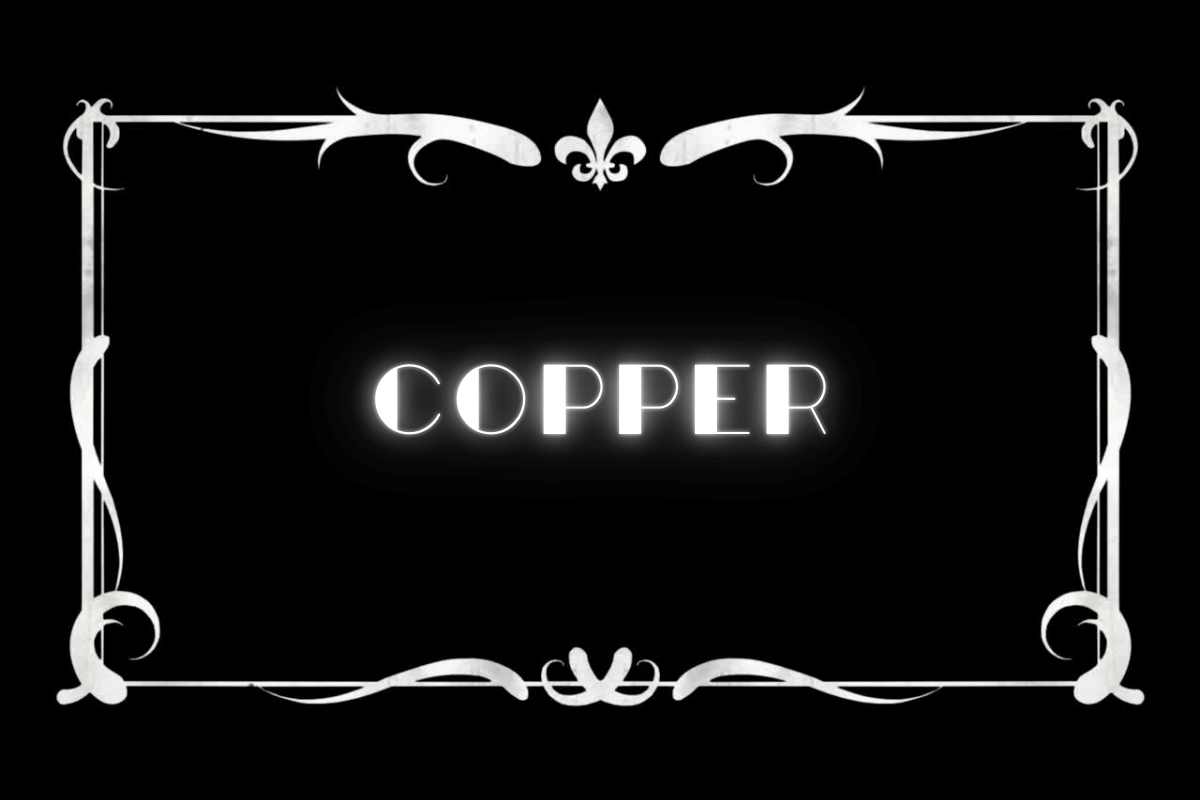
“Copper” was a widely used slang term for police officers in the 1920s, particularly in the United States and Britain.
It originated from the verb “to cop,” meaning “to seize” or “to capture,” referring to the police’s role in catching criminals.
For example, someone might say, “The coppers are on our tail!”
Unlike some other slang terms for police, “copper” wasn’t necessarily derogatory.
It was simply a widely recognized and commonly used way to refer to law enforcement officers.
Over time, the shortened form “cop” became even more popular and remains in use today.
Examples in sentences:
- “The coppers raided the joint last night.”
- “You better scram before the coppers show up.”
- “He was caught red-handed and taken in by the coppers.”
- “A copper gave me a warning instead of a fine.”
- “The coppers patrolled the streets looking for trouble.”
Dick
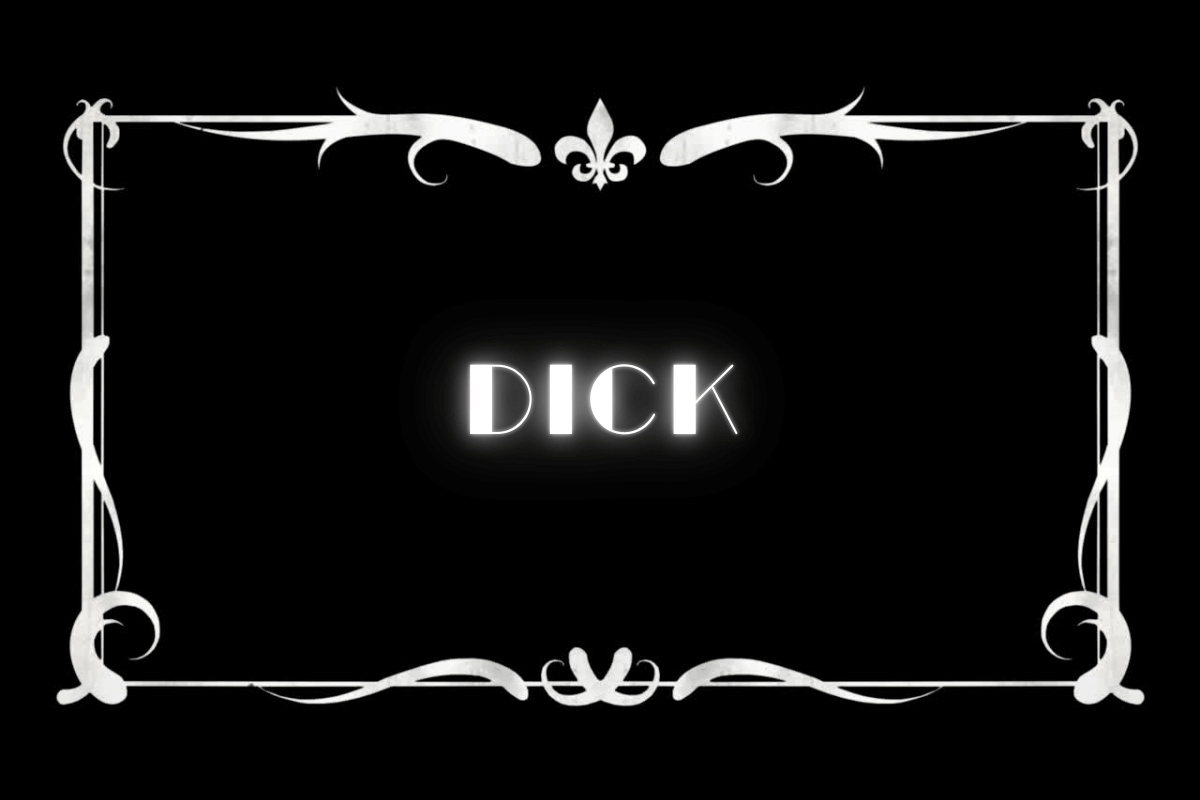
“Dick” was a popular 1920s slang term for a detective. It likely originated from the word “detect,” referencing the role of detectives in solving crimes.
The term was widely used in pulp fiction, crime novels, and films of the era.
For example, someone might say, “The dick has been snooping around all day.”
While “dick” was a neutral term in this context, it later took on other meanings, leading to a decline in its use as slang for detectives.
However, in classic noir stories and early crime fiction, “dick” remained a staple term.
Examples in sentences:
- “That private dick solved the case in record time.”
- “A couple of dicks have been asking questions around the neighborhood.”
- “The city’s best dick was put on the case.”
- “Some streetwise dick figured out who pulled the heist.”
- “The mob knew a dick was tailing them.”
Flatfoot
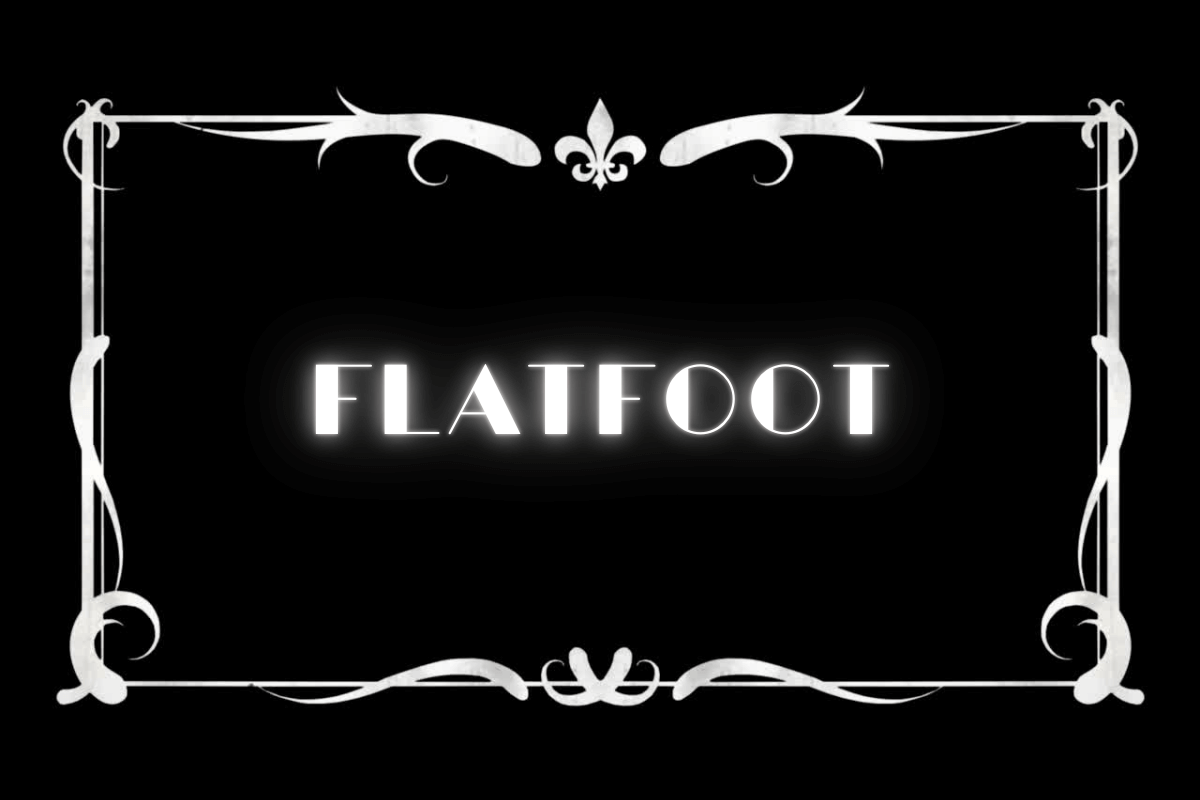
“Flatfoot” was a common slang term for a police officer in the 1920s, particularly in the United States. It was often used in a mildly derogatory way, implying that officers spent so much time walking their beats that they developed flat feet.
For example, someone might say, “Watch out, there’s a flatfoot around the corner.”
The term became widely used in early detective novels and crime films, reinforcing the image of the beat cop patrolling the streets on foot. Though it has largely fallen out of use today, it remains an iconic slang term from the era.
Examples in sentences:
- “That flatfoot keeps hanging around the speakeasy.”
- “A couple of flatfoots broke up the card game last night.”
- “The gangsters knew better than to mess with a tough flatfoot.”
- “Every flatfoot in town is looking for that crook.”
- “He used to be a flatfoot before becoming a private investigator.”
Flattie
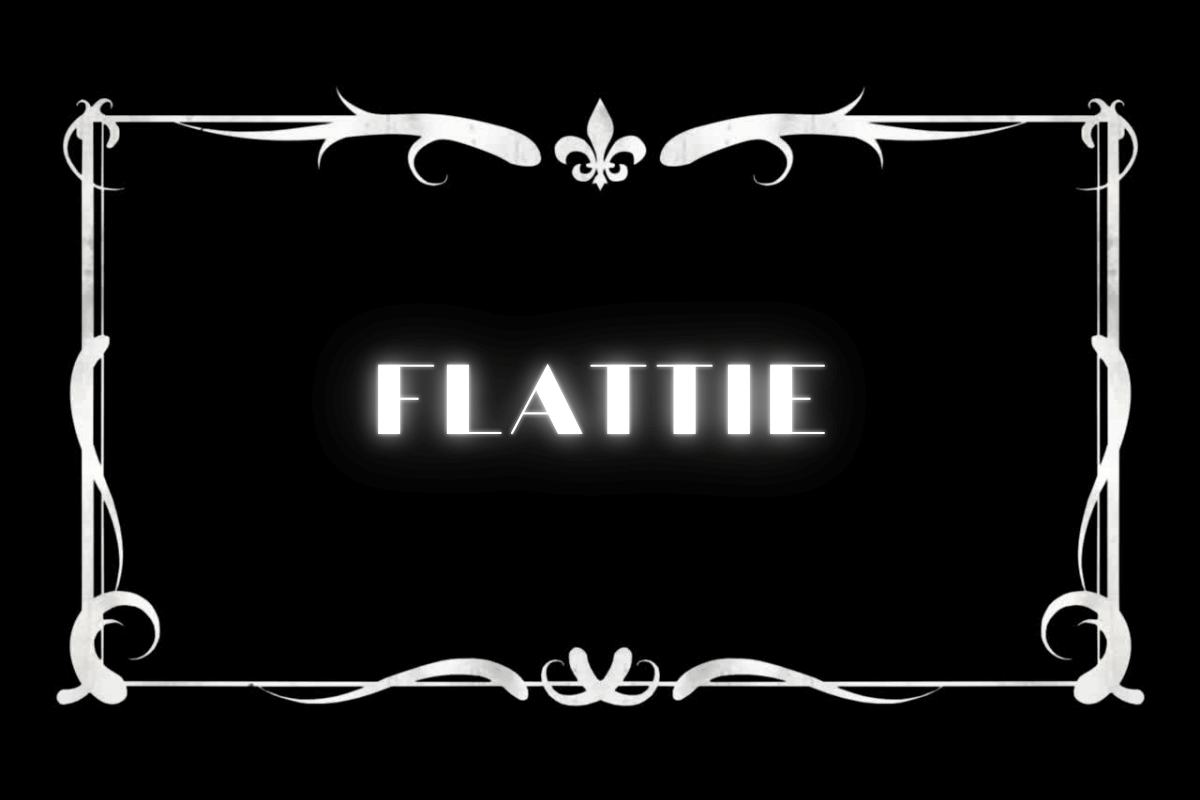
“Flattie” was a lesser-known 1920s slang term for a police officer. The exact origin is unclear, but it may have been a reference to their standard-issue flat-soled shoes, distinguishing them from fashionable civilians like “flappers,” who wore high heels.
For example, someone might say, “A couple of flatties showed up to break up the party.”
The term wasn’t as widely used as “flatfoot” or “fuzz,” but it captured the growing divide between the law and the rebellious youth culture of the Roaring Twenties.
Examples in sentences:
- “The flattie on duty didn’t notice the getaway car.”
- “Nobody wanted a flattie snooping around the club.”
- “A flattie questioned the shop owner after the robbery.”
- “They spotted a flattie patrolling the street corner.”
- “Better keep it down before the flatties get called.”
Fuzz
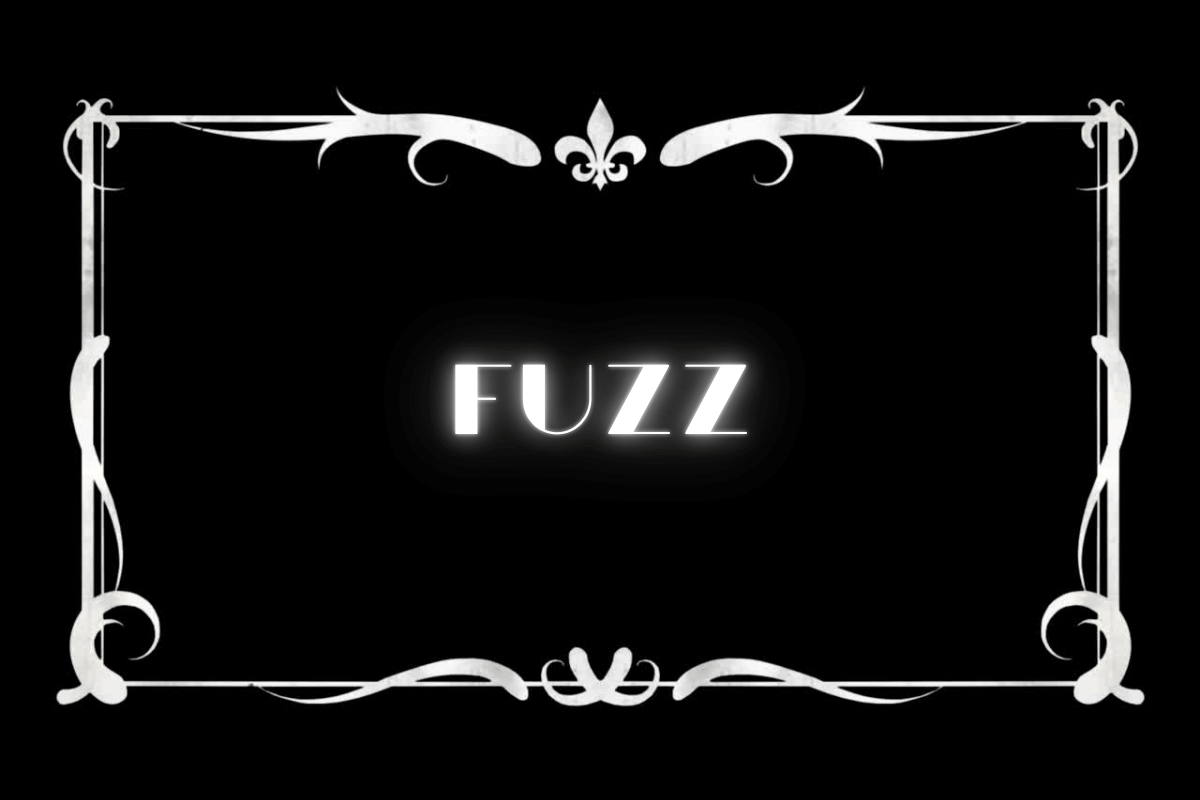
“Fuzz” was one of the most common slang terms for the police in the 1920s, particularly in the United States.
The exact origin of the term is unclear, but some believe it might be linked to the word “fuss,” implying that the police were always causing trouble for criminals and rebellious youth.
For example, someone might say, “Look out, the fuzz is coming!”
The term remained in use well beyond the 1920s and became especially popular again in the 1960s counterculture movement.
It was often used in a casual, slightly disrespectful way, reflecting a growing tension between law enforcement and the public.
Examples in sentences:
- “The fuzz raided the speakeasy last night.”
- “Let’s get out of here before the fuzz shows up.”
- “He’s been dodging the fuzz for weeks.”
- “Someone must’ve tipped off the fuzz.”
- “You can’t outrun the fuzz in a Model T!”
Gumshoe
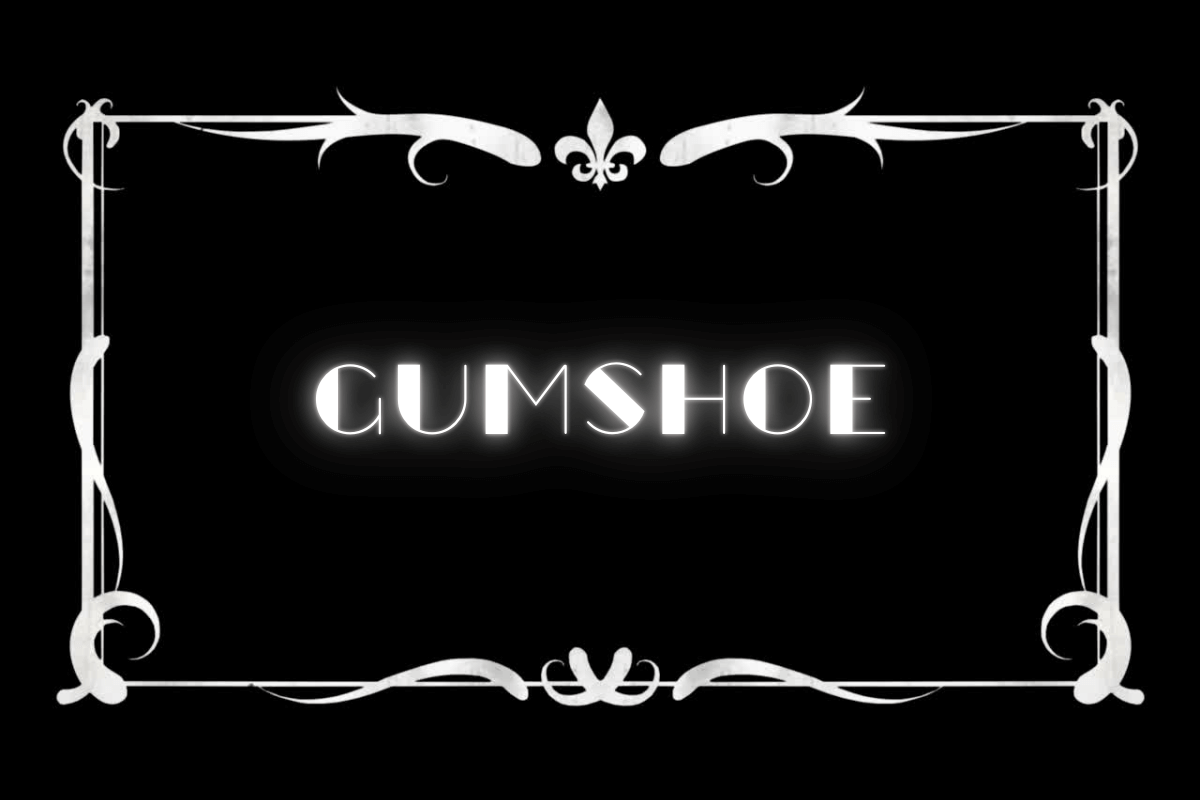
“Gumshoe” was a popular slang term for a detective in the 1920s, referring to their quiet, sneaky approach to investigations.
The term comes from the soft-soled shoes detectives would wear, which helped them move silently while tailing suspects.
For example, someone might say, “A gumshoe’s been snooping around looking for clues.”
The word became closely associated with classic detective stories and film noir, where hard-boiled private investigators were often referred to as “gumshoes.”
Even today, it remains a recognizable term in crime fiction and pop culture.
Examples in sentences:
- “That gumshoe won’t stop asking questions.”
- “Every gumshoe in town is trying to crack the case.”
- “The gumshoe followed the suspect down the alley.”
- “She hired a gumshoe to track down her missing husband.”
- “He fancies himself a real gumshoe, but he’s no Sherlock Holmes.”
Harness Bull
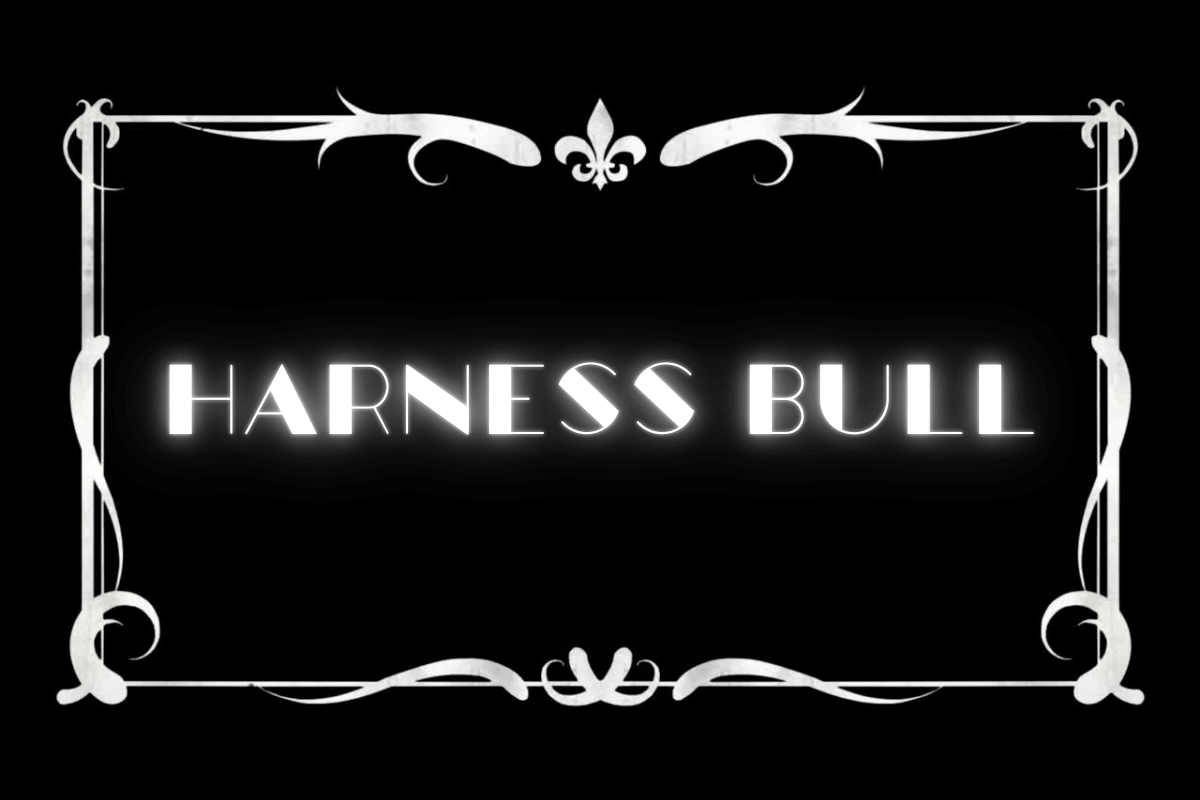
“Harness Bull” was a term used in the 1920s to refer specifically to uniformed police officers. The “harness” part likely comes from the idea that officers wore a uniform, similar to how work animals were harnessed. The term was often used in urban areas, especially in the United States.
For example, someone might say, “Watch out, a harness bull is patrolling the street!”
While “bull” was a general term for police, “harness bull” distinguished uniformed officers from detectives or plainclothes officers. It carried a slightly derogatory tone, often used by those trying to avoid law enforcement.
Examples in sentences:
- “A harness bull broke up the brawl outside the speakeasy.”
- “We had to run when the harness bull showed up.”
- “The harness bull didn’t buy his excuse for loitering.”
- “Every harness bull in town was after him.”
- “You can spot a harness bull a mile away in that uniform.”
Peeler
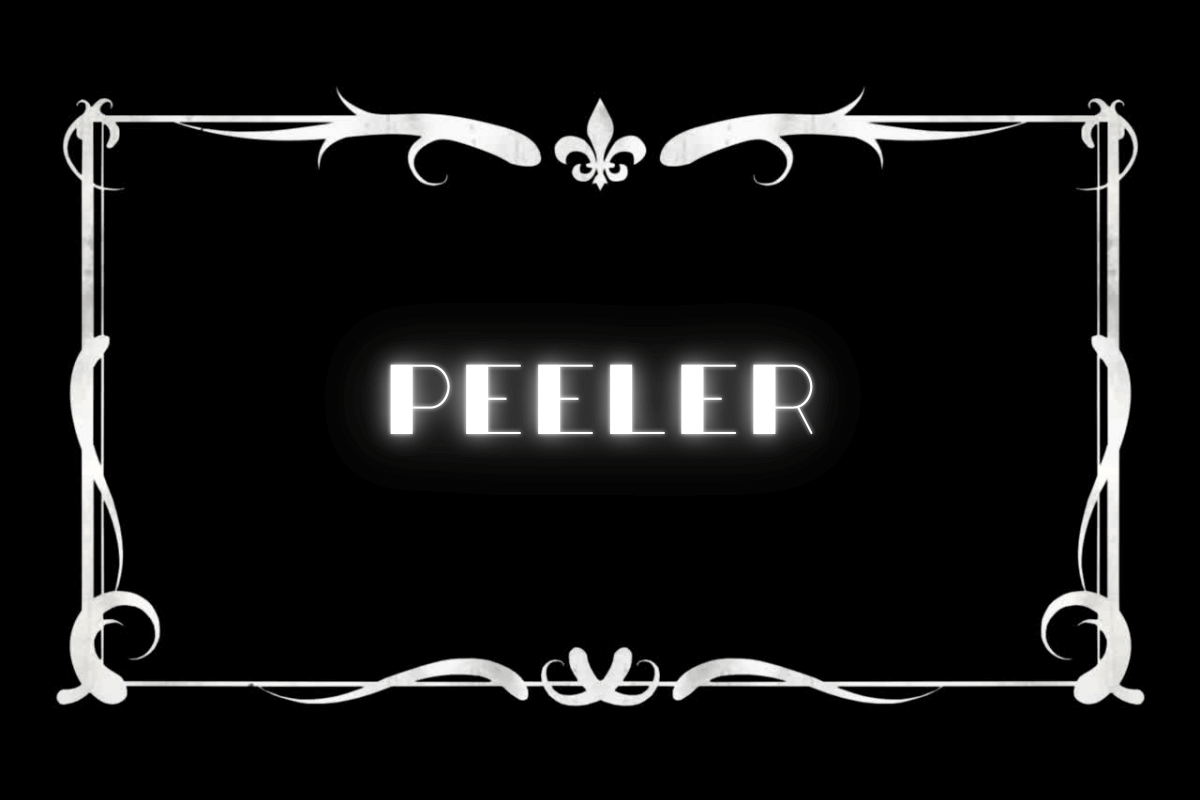
“Peeler” was a slang term for a police officer, particularly in Britain and Ireland. The term dates back to the early 19th century, named after Sir Robert Peel, who founded the Metropolitan Police in London. While the word originated much earlier, it was still in use during the 1920s.
For example, someone might say, “The peelers are cracking down on illegal booze.”
The term “Peeler” was mostly used in the UK and Ireland rather than the U.S., and while it was sometimes used with respect, it could also have a mocking or dismissive tone. Today, “Peeler” has mostly faded from common use, but it remains a historical term for law enforcement.
Examples in sentences:
- “A peeler stopped me for jaywalking.”
- “The peelers have been watching that pub closely.”
- “He tried to bribe the peeler, but it didn’t work.”
- “A couple of peelers were patrolling the docks.”
- “Don’t let the peelers catch you smuggling that whiskey!”
Scorcher

“Scorcher” was a 1920s slang term for a police officer, particularly one involved in making arrests. It could also be used as a verb, meaning to arrest someone. The origin of the term is unclear, but it may relate to the idea of a swift, forceful crackdown.
For example, someone might say, “I heard a scorcher picked up Benny last night.”
Though not as commonly known as “fuzz” or “bull,” “scorcher” was still part of the diverse slang used to describe law enforcement in the 1920s. The term didn’t persist as long as others and gradually faded from common speech.
Examples in sentences:
- “A scorcher busted the whole gang.”
- “They got nabbed by a scorcher outside the club.”
- “The scorcher wasn’t buying his alibi.”
- “He ducked into an alley to dodge a scorcher.”
- “Better lay low—there are scorchers all over town tonight.”
More in 1920s Slang

